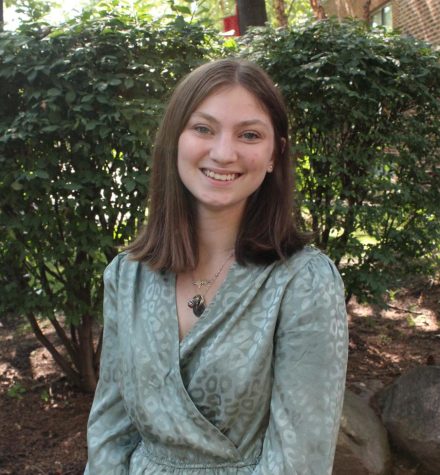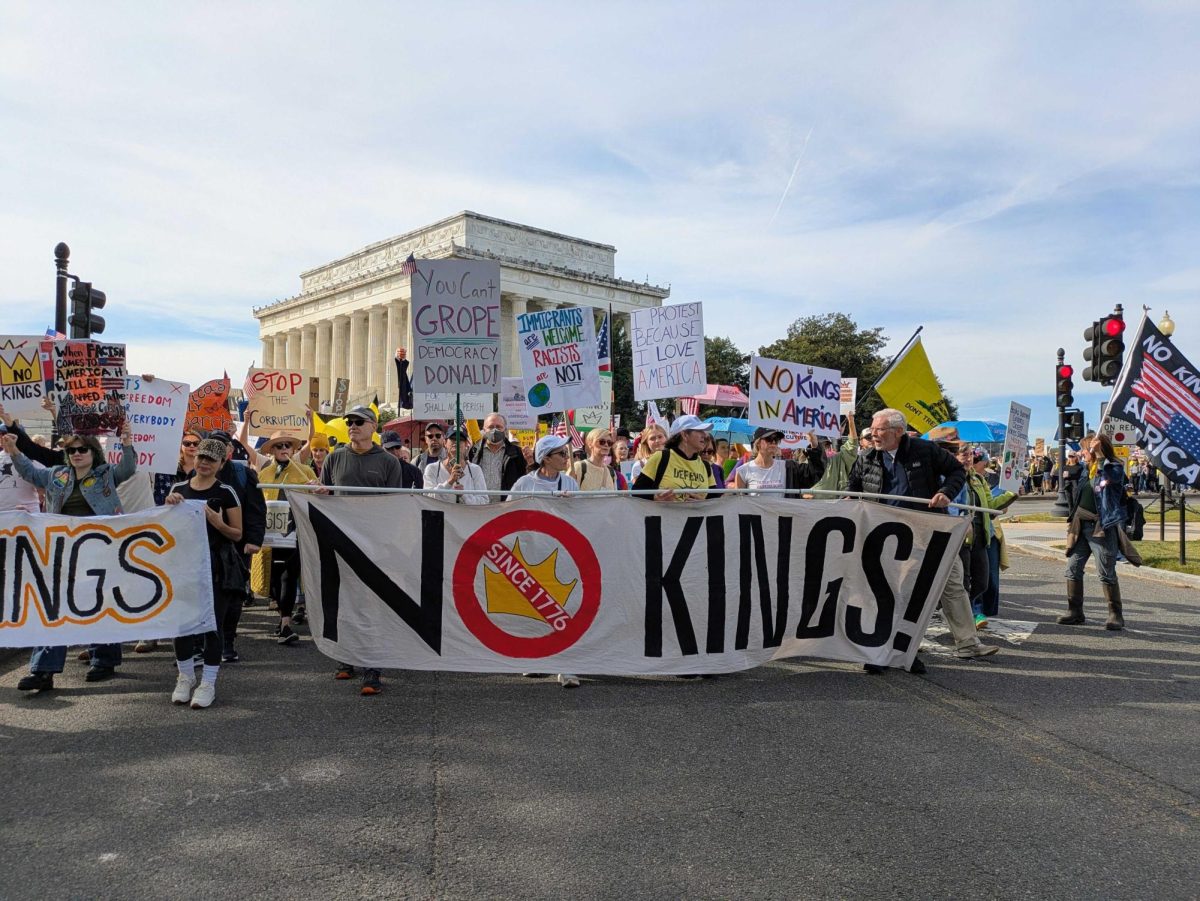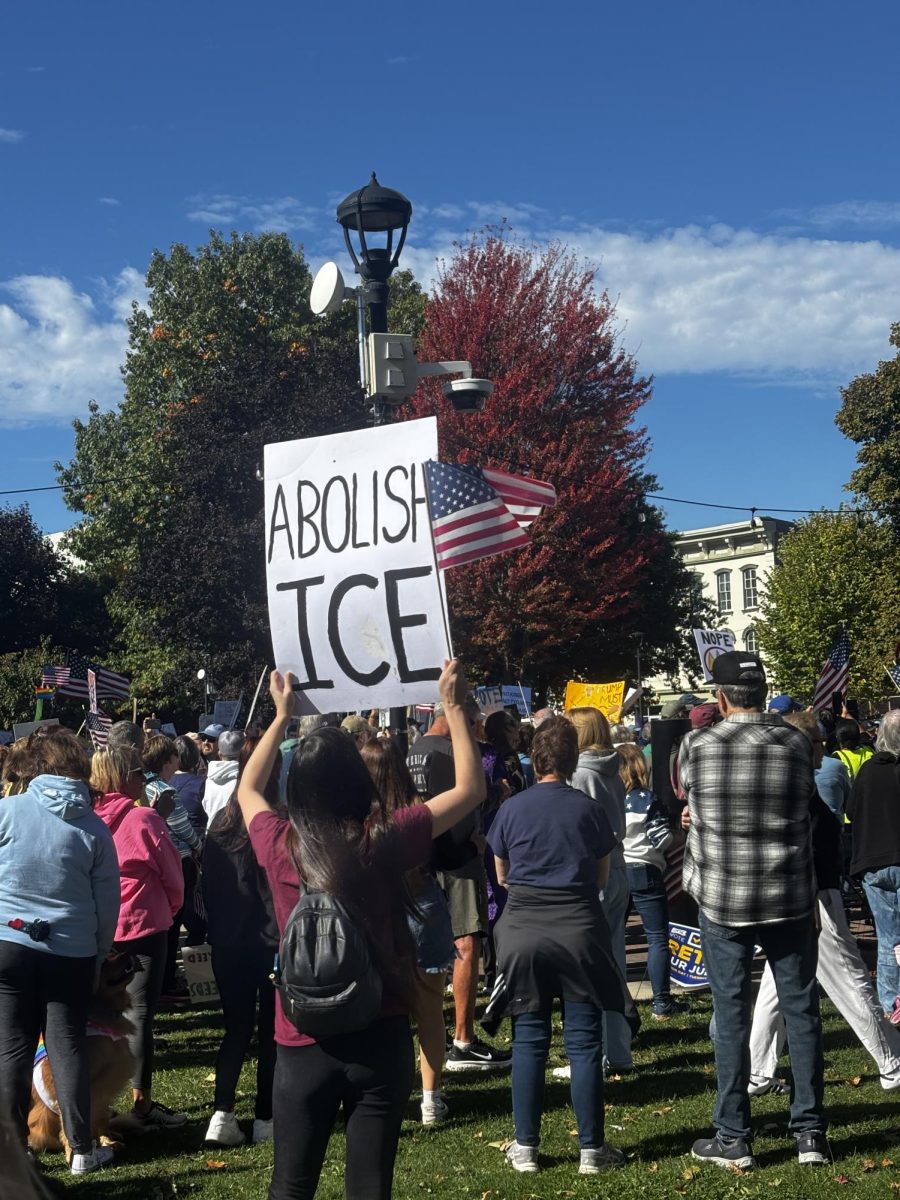Students adjust to post-Covid college
September 16, 2022
On March 13, 2020, the U.S. declared a national state of emergency in response to COVID-19.
Immediately following this announcement, thousands of businesses, schools and institutions shut down for public safety. The shutdown came with no foreseeable end and was a hotbed for anxiety.
Schools, colleges and universities sent students home, with no guarantee of return. Institutions began remote learning, but it was not the same as in-person learning, which caused many students to experience setbacks.
Researchers for Third Way said, “Practically overnight, many residential college students were displaced, losing their on-campus homes along with their jobs and livelihoods. Others took jobs, risking their health, to help support their families, while some took care of children, siblings and elderly family members at home.”
Students were given little time to adjust to major changes and were still expected to continue their education with threats to their lives, their families’ lives and their livelihoods.
Gannon was one of the thousands of universities to cancel in-person instruction and head online. Even the following year, when students were allowed to return to campus, it was not the same as before.
After a semester of remote instruction and being away from campus, Gannon decided to resume in-person classes in fall 2020.
Although Gannon moved all students back to campus, the college experience was not the same as it was pre-Covid. Some classes were fully remote, some were a “flex” style — with half of the class in-person and half on Zoom — and some were completely in-person.
This new style of learning took adjusting, but Gannon is finally going back to “normal.” All classes are in-person, there is no mask mandate and social distancing is no longer required.
Izzy Ehrensberger, a senior physician assistant major, said she is glad to go back to normal.
“I had such difficulties learning over Zoom or in the “flex” classroom style,” Ehrensberger said. “I felt cheated out of my sophomore year, and experiences that we normally would have had, like homecoming. I’m learning way better being back in-person and I’m excited to have the ability to spend time with my friends.”
Some have adopted a “business as usual” mindset now that things are returning to normal, but some feel like their education was compromised from having to learn through a screen.
Despite returning to in-person classes, some students have only known Gannon and college in general during Covid times. Now, returning to in-person classes, sporting events, activities occurring on campus and spending time with friends can be hard to balance.
Especially for first-year students, it can be overwhelming and stressful. Upperclassmen can be resources for underclassmen when it comes to knowing how to manage college in a post-Covid world.
Makenna Wells, a junior nursing major, said it’s helpful to stay ahead of course work, and to not leave things until the last minute. She also said to get involved in extracurricular activities.
Hannah Popovich, a sophomore physician assistant major, said it’s important to stay organized.
“Plan out what you are going to do each day and include any extracurricular activities you may have for that day as soon as you wake up in the morning,” Popovich said.
Skyler Parson, a junior exercise science major said to “Join things and make lots of friends, write everything down and always take time for yourself.”
Ehrensberger said to, most importantly, find balance between classes and social activities in college, especially post-Covid.
“My advice to freshmen is to prioritize the most important things, but to also remember you only have a limited time here,” Ehrensberger said. “Do your schoolwork but spend time doing the fun things that make you happy.”
MOLLY BEGEMAN




